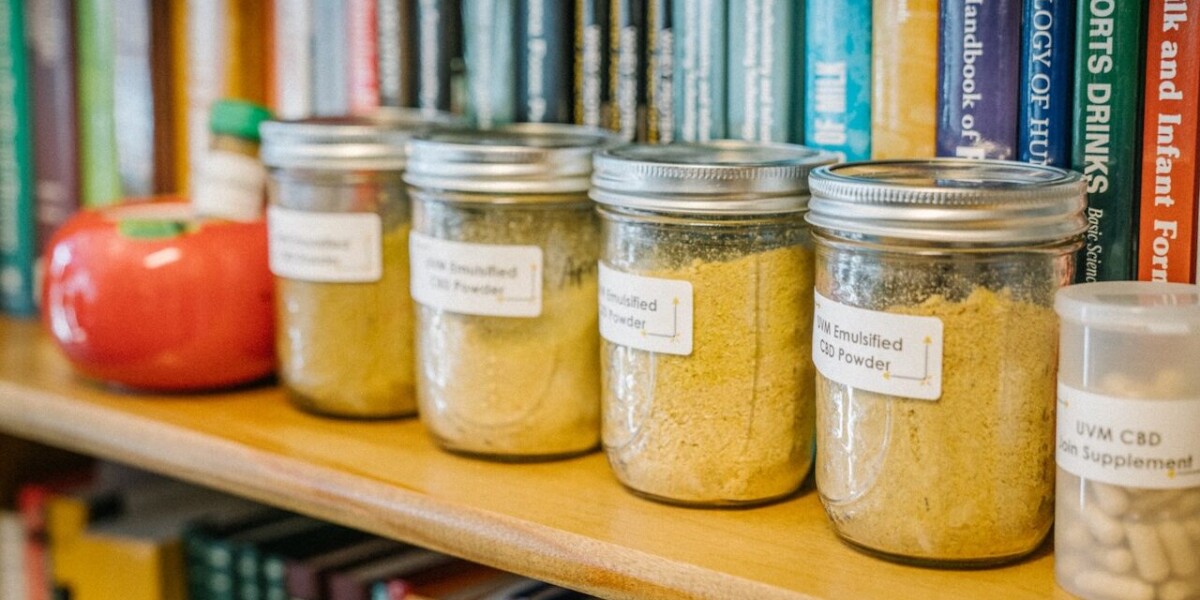
By Cary Jewkes, Director of Medical Student Admissions at the Robert Larner College of Medicine
It’s easy to get lost in the tangle of medical school applications and expectations, and trying to figure out an answer to the question, “What does the medical school want?” At the Robert Larner, M.D. College of Medicine at The University of Vermont, we provide a holistic review of each application to consider the whole student.
“When deciding whether you want to apply to medical school, it’s important to examine your goal and the characteristics that will help you achieve that.”
Cary Jewkes, Director of Medical Student Admissions at the Robert Larner College of Medicine
After all, you’re not trying to be a medical student—that’s just one step (OK, a crucial, unavoidable step) in your goal to becoming a doctor. And I use the word “becoming” purposefully because it’s a process that you’ll undergo.
Top 10 Characteristics of Successful Medical Students
I recently jotted down a list of traits successful medical students at Larner College of Medicine possessed. I came up with ten, read them over and realized that we’d already identified all these traits and they were, in fact, our “Tenets of Professionalism.”

These ten tenets were crafted by a committee that spent hundreds of hours developing them. They’re part of the University of Vermont College of Medicine student handbook and policy which represent the values the college places on characteristics like social responsibility, compassion, and cultural humility.
Altruism
Altruism is defined as the unselfish regard for the wellbeing of others and is essential to engendering trust. Total selflessness is not sustainable and must not be confused with altruism. Self care fosters balance in the lives of physicians, which ultimately leads to improved patient care.
Compassion
Compassion refers to the awareness of, acknowledgement of, and desire to relieve the suffering of others. Compassion and empathy dictate that a person’s individual lifestyle, beliefs, idiosyncrasies, and support systems be respected and taken into consideration at all times.
Accountability
Medical professionals are accountable and responsible to their patients for fulfilling the implied contract governing the patient/physician relationship, to their profession for adhering to medicine’s time-honored ethical principles, and to society for addressing the health needs of the public. Medical professionals are accountable and responsible to their colleagues for maintaining the highest level of professionalism.
Excellence and Scholarship
Excellence in medicine entails conscientious efforts to exceed ordinary expectations during medical education and training and beyond. Scholarship entails curiosity and motivation for life-long learning and improvement.
Duty and Service
Duty is an obligation to serve others, even when the beliefs and values of the person being served differ from one’s own. For the medical professional, duty implies an awareness, sensitivity, and responsiveness to patients and others in need. Service is the sharing of one’s talents, time, and resources with those in need.

Social Responsibility
Medical professionals must promote justice in the health care system, including fair distribution of health care resources. They should work actively to eliminate discrimination in health care, as well as barriers to health, and to advocate for the availability of health care for all. Medical professionals must demonstrate concern for and responsiveness to social problems that endanger the health of members of society. Recognizing its relevance to human health, medical professionals must support and promote environmental sustainability.
Integrity
Honor and integrity are the consistent regard for the highest standards of behavior. Honor and integrity include truthfulness, fairness, conscientiousness, and faithfulness to commitments and obligations.

Respect
Respect is the sincere regard for the autonomy and values of other people—their feelings, needs, thoughts, ideas, wishes, and preferences. This includes patients, those close to them, families, and colleagues.
Cultural Humility
No matter how well informed, well trained, and knowledgeable a medical professional may be, cultural humility invites medical professionals to recognize the limitations of our current knowledge, our systems which make use of current knowledge, our own personal beliefs, abilities, cultural attitudes, and traditions, and encourages curiosity to understand the cultural attitudes and traditions of others.
Cultural humility refers to our commitment and active engagement in a lifelong process of self-reflection to inform our ability to understand, respect, and communicate effectively with people of varying social or cultural backgrounds, belief systems, races, religions, ethnicities, genders, sexual orientations, disabilities, or veteran status. Developing cultural humility results in an increased ability to understand, respect, communicate with, and interact effectively with other people.
Kindness
Kindness is expressed through the sincere and voluntary use of our time, talents, and resources to better the lives of our patients, families, and each other through genuine acts of generosity and service. When we are kind to others, we make people feel valued and encourage them to reach their greatest heights. Kindness can manifest as a friendly smile in passing, heartfelt words of encouragement or generous acts of benevolence. It reflects caring and a charitable concern for the well-being of others.
How many of these characteristics do you think you have already? Which ones could use some work? Compare experiences you’ve had yourself or incidences in which you’ve observed others and evaluate the traits used to handle the situation. This exercise provides a few things to think about while you’re waiting for the Admissions Committee to deliberate on your application or interview.
At the University of Vermont, our Post-Baccalaureate Premedical Program boasts a high acceptance rate into medical school and has helped students pursue medical, dental, veterinary, pharmacy, physician assistant, nurse practitioner, physical therapy, and other health professions. With specialized tracks that help students pursue a background in a specific medical field of interest, you’ll find the most relevant courses to prepare you for medical school applications. UVM Post-Bacc Pre-Med program is designed to provide students with the prerequisite coursework and access to research and direct patient care experiences prior to applying to health and medical school.
Learn more about how a Post-Bacc Pre-Med Program can help you achieve your dream of a career in medicine.
Editor’s note: this post was originally published in 2016 and has been revamped and updated for accuracy.




